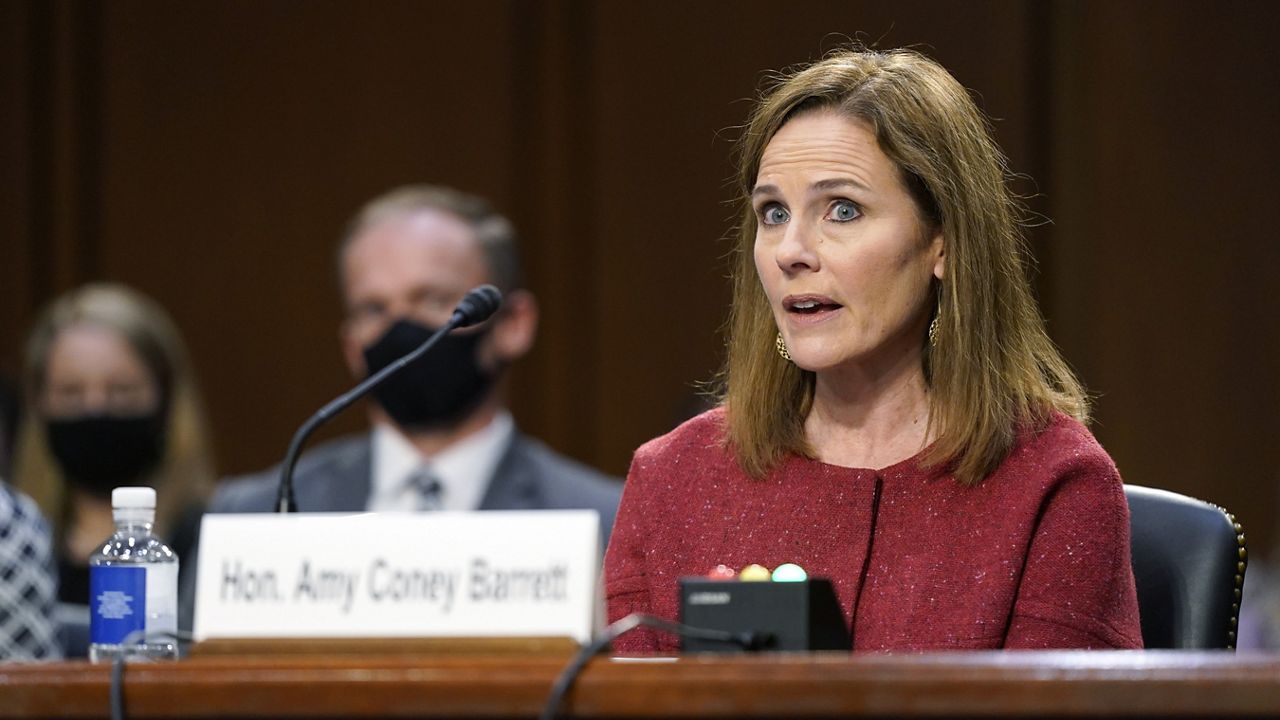The Supreme Court confirmation fight over Judge Amy Coney Barrett could only be the start of a bigger one in 2021 as progressives push to add seats to the highest court in order to tilt it to the left.
Republicans worry the move would disrupt a court that is meant to be removed from politics; Democrats argue politics has already been played, first with the refusal to hold hearings for Judge Merrick Garland in 2016 and now Barrett's nomination just weeks before Election Day.
"What are Democrats supposed to do, just sit back and take it?" said state Sen. Brad Hoylman, the chairman of the chamber's Judiciary Committee. "No, I think we need to come up with our own strategy for the Supreme Court. And I think expanding the Supreme Court should be on the table."
For court expansion to work, Democrats would need to sweep the elections this November. Former Vice President Joe Biden, the Democratic nominee, has been lukewarm to the idea of doing so. But Hoylman says there's a lot at stake for Americans even if Democrats win the White House and control of Congress next year.
"The Supreme Court is going to have a lot to say about personal freedoms like reproductive health, LGBTQIA rights, the rights of undocumented Americans and of course our system of voting which we've seen in the last few months is at the center by courts to restrict," he said.
New York Conservative Party chairman Gerry Kassar disagrees with the idea of adding seats to the court, arguing it would politicize the court during a period of already intense partisanship.
"It would be for a totally political purpose of pushing a specific agenda and taking out of play the normal give and take of what occurs on the Supreme Court," he said. "We saw even Scalia and Ginsburg could spend a lot of time discussing a lot of issues and coming to an appropriate conclusion. This would be for a strict political purpose of pushing a political agenda."
Kassar acknowledges the Barrett confirmation will tilt the court to the right, but he argues the justices will still be making relatively modest decisions.
"It's still going to be based on a decision by decision basis," Kassar said, "using their philosophy of how you look at the U.S. Constitution."


